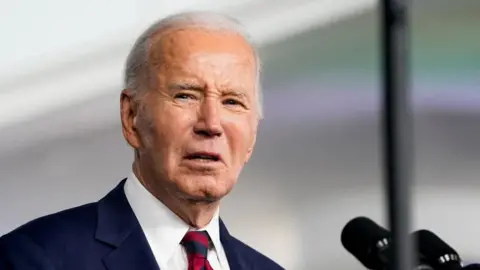 Reuters
ReutersDuring his final hours in office, US President Joe Biden issued a number of pre-emptive pardons to prevent what he called “unjustified… politically motivated prosecutions”.
The pardons were for public officials including Anthony Fauci – who led the American response to Covid-19 – and people who investigated the riot at the US Capitol building in 2021.
He also pardoned a number of family members, including his brothers James, Francis and Frank Biden, and sister Valerie Biden Owens.
Biden said this did not imply any “wrongdoing” by any of the individuals concerned – but said they faced the threat of baseless investigations as his rival Donald Trump returned to the US presidency.
What is a presidential pardon?
The US Constitution says that a president has the “power to grant reprieves and pardons for offences against the United States, except in cases of impeachment”.
The pardon represents legal forgiveness, ends any further punishment and restores rights such as being able to vote or run for public office.
Although the pardoning power is considered broad, it is not limitless. For example, a president can only issue pardons for federal or national-level crimes.
This means, for instance, that incoming President Donald Trump will not be able to pardon himself in connection with his state-level hush-money case in New York.
Presidents can also commute – reduce – prison sentences imposed by a federal court or the District of Columbia Superior Court in Washington.
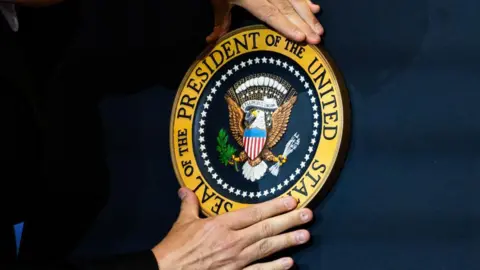 Getty Images
Getty ImagesWho did Biden pardon?
A number of “selfless public servants” had been “subjected to ongoing threats and intimidation” and even threatened with criminal prosecutions, Biden said ahead of Trump’s inauguration.
He added that the pardons should “not be mistaken as an acknowledgment” that any of those covered “engaged in any wrongdoing”.
Trump clashed with Dr Anthony Fauci during the Covid pandemic.
He has also suggested he would take action against those who tried to hold him accountable for the riot on 6 January 2021, when Trump’s supporters stormed the US Capitol building.
Biden’s pardons cover all members of the House Select Committee investigating the riot – which includes Liz Cheney – as well as their staff members and the officers who testified.
In December, Trump backed a call for the FBI to investigate Cheney, a fellow Republican, over her role in leading Congress’s probe.
Trump has vowed to use his own powers to pardon some of those convicted of crimes over the riot after he returns to the US presidency.
Biden also issued a pre-emptive pardon to Mark Milley, a former chairman of the Join Chiefs of Staff, who last year described Trump as “fascist to the core”.
But last week, Trump’s choice for attorney general, Pam Bondi, denied that the US Department of Justice would be used to pursue a list of Trump’s enemies.
Shortly before Trump was inaugurated, Biden issued another series of pardons, for his brothers James, Francis and Frank Biden, and sister Valerie Biden Owens.
He said it was not due to wrongdoing, and their acceptance should not “be misconstrued as an admission of guilt for any offence”.
He said his family had faced “unrelenting attacks” motivated by “partisan politics”. He added: “Unfortunately, I have no reason to believe these attacks will end.”
Why did Biden pardon his son Hunter?
Late last year, as his presidency came to an end, Biden also pardoned his son Hunter, who was about to be sentenced in two criminal cases.
He had previously ruled out any involvement with his son’s case, but said he acted because the charges against the younger Biden were politically motivated.
Hunter Biden pleaded guilty to nine tax charges in September. He was also found guilty of being an illegal drug user in possession of a gun in June – making him the first child of a sitting president to be a convicted of a crime.
He was facing up to 25 years in prison in the gun case and 17 years for the tax offences, although he had been expected to receive shorter sentences and to serve them concurrently, experts told the New York Times.
The “full and unconditional pardon” issued by his father was unusually sweeping, and covered any potential federal crimes the younger Biden “has committed or may have committed” between January 2014 and December 2024.
That period dates back to the year he joined the board of the Ukrainian energy company Burisma, while his father, then US vice-president, had a key role in US policy towards Kyiv.
Trump was among those who criticised Biden, calling it an “abuse” of his position.
How many pardons did Biden grant?
Biden’s press secretary previously told reporters that the flurry of last-minute pardons issued by Trump before he left office in 2021 was “not a model… for how President Biden would use his own power”.
But less than two weeks after his son’s pardon at the beginning of December, Biden issued presidential pardons to 39 Americans convicted of non-violent crimes.
At the same time, he also commuted the sentences of nearly 1,500 others, including those convicted of multi-million dollar fraud schemes. The White House said this was the most acts of presidential clemency issued in a single day.
On 23 December, he also commuted the sentences of 37 federal death row inmates, switching their penalty to life in prison without parole. On 17 January, he also commuted the sentences of nearly 2,500 people convicted of non-violent drug offences.
Biden had previously issued fewer pardons than most recent presidents.
He had, however, issued a few categorical pardons. These are given to a group of people who fall under a particular category outlined by the president.
In October 2022, Biden issued a full pardon for those who had been convicted of simple possession of marijuana, and later expanded that to include other marijuana-related offenses.
In June 2024, Biden issued a full pardon to military personnel and veterans who were convicted of an offence based on their sexual orientation.
How many pardons did Trump and other presidents issue?
US presidents on both sides of the political divide have long used their powers to issues pardons – including to people close to them.
In 2020, during his first term, Trump, a Republican, pardoned Charles Kushner, the father-in-law of his daughter Ivanka. Kushner was sentenced to two years in prison in 2004 for charges including tax evasion, campaign finance offences and witness tampering.
And in 2001, Bill Clinton, a Democrat, pardoned his younger half-brother, Roger Clinton, for a cocaine-related offence that dated back to 1985.
In both cases, the pardons were given to people who had already served time. Democrat President Biden intervened in his son’s case before he was sentenced.
Trump granted 237 acts of clemency during his four years in the White House, according to the Pew Research Center, made up of 143 pardons and 94 commutations.
Many were issued in a flurry before he left office, including 73 people pardoned in the final hours of his presidency.
Trump’s total was significantly fewer than that of his predecessor Barack Obama, who granted 1,927 acts of clemency during his eight-year stint, according to Pew. These included 1,715 commutations and 212 pardons.
Most of those were for people who had been convicted of narcotics charges at the height of the so-called US war on drugs.
One of the most controversial presidential pardons was granted by Gerald Ford to his predecessor Richard Nixon in 1974 – covering acts that occurred during the Watergate Scandal. It was described as an effort to heal the nation.


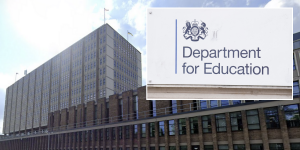








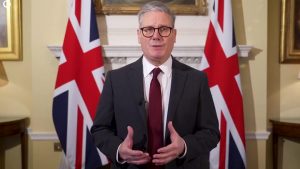
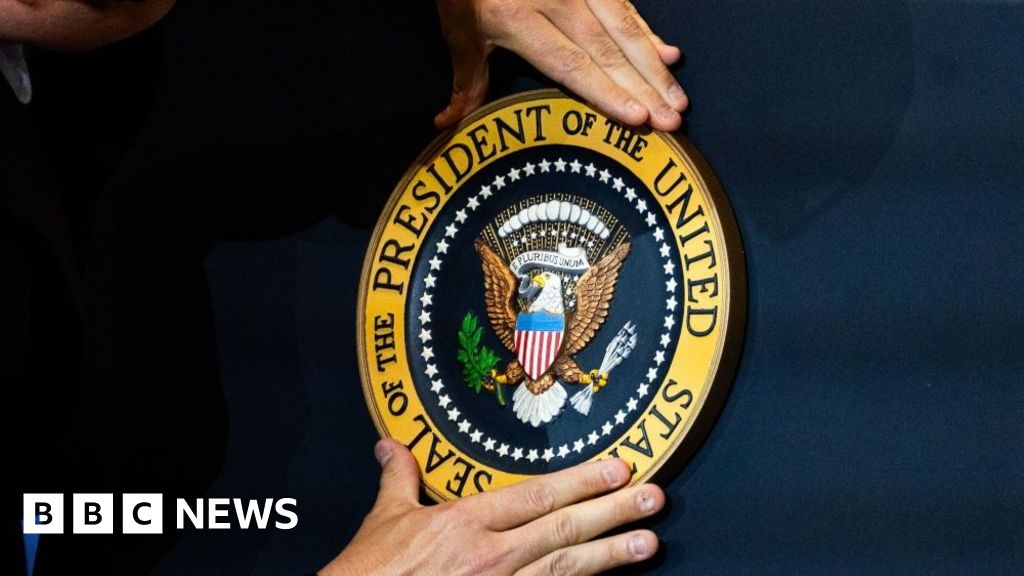

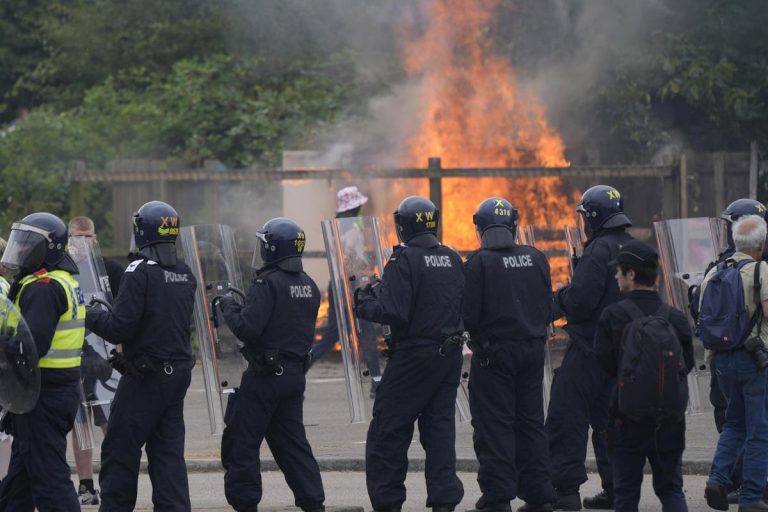
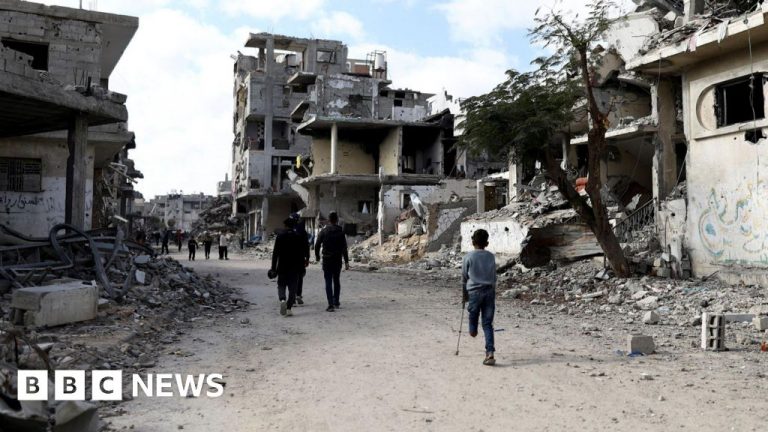
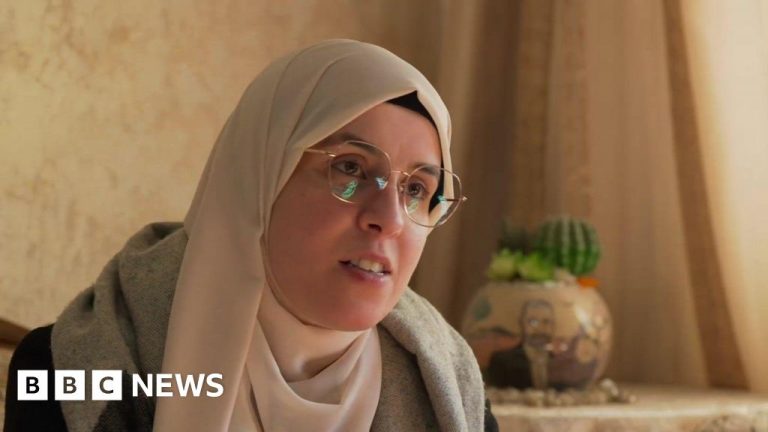
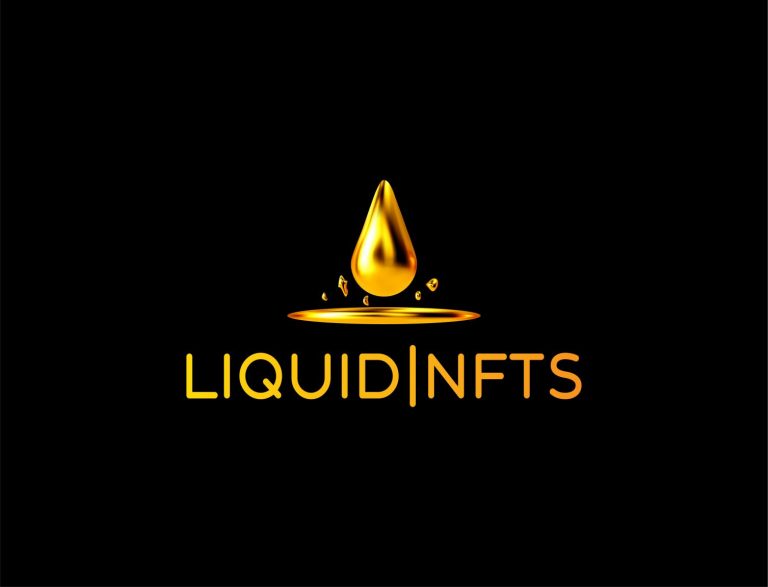

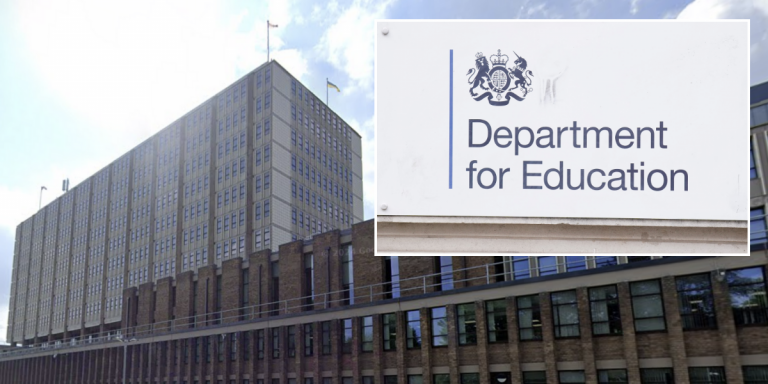


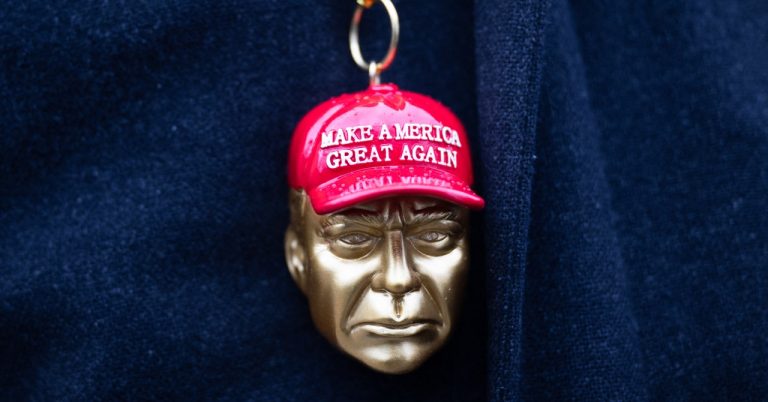
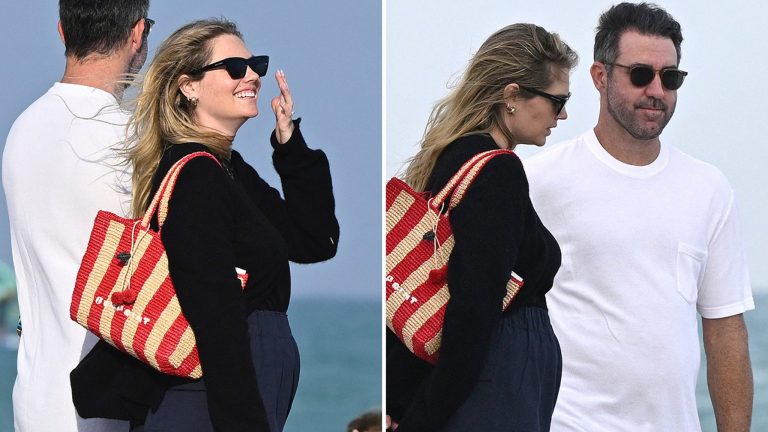

+ There are no comments
Add yours